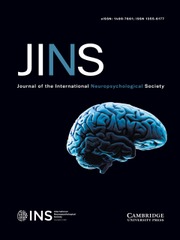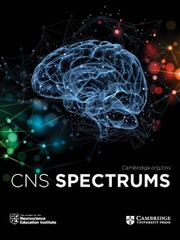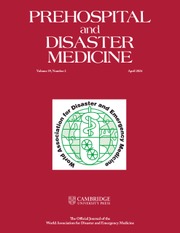Acute Spontaneous Posterior Fossa Haemorrhage
Non-traumatic posterior fossa haemorrhage accounts for approximately 10% of all intracranial haematomas, and 1.5% of all strokes. In the posterior fossa, a small amount of mass effect can have dramatic effects, due to its small volume. This can be due to immediate transmission of pressure to the brainstem, or via occlusion of the aqueduct of Sylvius or compression of the fourth ventricle, leading to acute obstructive hydrocephalus, with the risk of tonsillar herniation. Timely investigations and management are essential to maximise good outcomes. This Element offers a brief overview of posterior fossa haemorrhage. It looks at the anatomy, aetiology, management, and surgical options, with a review of the available evidence to guide practice.
Product details
February 2024Paperback
9781009456500
26 pages
229 × 149 × 2 mm
0.06kg
Available
Table of Contents
- Anatomy
- Aetiology
- Signs and symptoms
- Management
- Indications for surgery
- Surgery
- The evidence
- Typical clinical scenarios
- Important points
- Conclusion.










